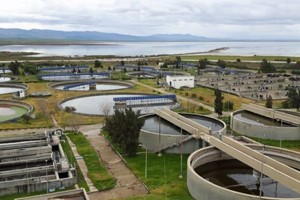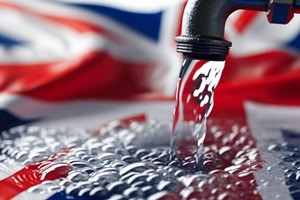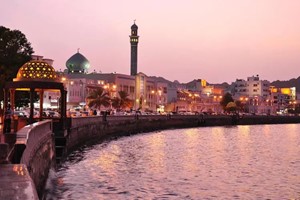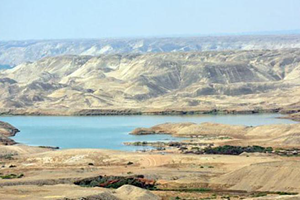Algeria is set to enhance its capacity for drinking water provision through a significant investment of $3 billion in the second phase of its ambitious water desalination expansion program. This initiative is part of a larger $5.4 billion project aimed at addressing the country's escalating climate-related challenges, as reported by the local news outlet Alborsaa.
The second phase follows the commissioning of five new desalination plants in 2024, which are part of the initial $2.4 billion investment. Lotfi Zennadi, CEO of the state-owned Algerian Energy Company, announced that the new plants will elevate Algeria's production capacity from the Mediterranean, increasing the output from 2.2 million cubic metres per day (m³/day) to an impressive 3.7 million m³/day.
By the end of the decade, the combined efforts will result in a total of 11 seawater reverse osmosis (SWRO) plants, each designed to produce up to 300,000 m³/day of drinking water. This will enhance Algeria's desalination capacity to 5.8 million m³/day, supplying approximately 60 percent of the nation's drinking water needs.
The Algerian Energy Company will oversee the operation of these plants, charging the state-owned water distribution entity, Algérienne Des Eaux, between 52 to 100 Algerian dinars per cubic metre.
By Majda Muhsen













